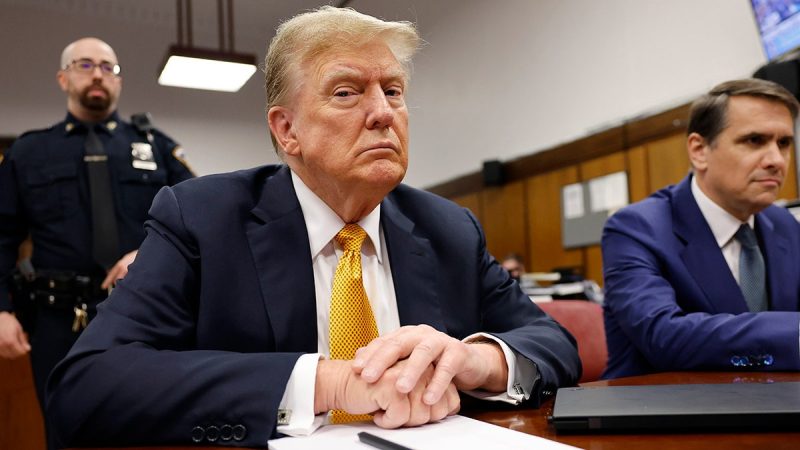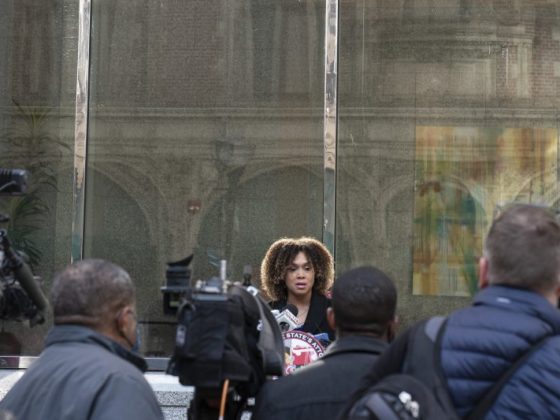 The International Criminal Court (ICC) has recently come under scrutiny from various experts who criticize the institution for its swift pursuit of a case against Israel, while seemingly ignoring the actions of more brutal regimes worldwide. They argue that the ICC’s attention on Israel appears to be politically motivated, with the court failing to adequately address human rights abuses and war crimes committed by other nations.
While the ICC was established as an independent institution to investigate and prosecute individuals for the most severe crimes of international concern, its impartiality has been questioned. Critics suggest that the court disproportionately targets certain countries while failing to address overwhelming evidence of serious crimes elsewhere.
Such critics claim that this approach not only undermines the credibility and legitimacy of the ICC but also fails to serve justice to the victims of atrocious crimes worldwide. They believe the ICC should apply its mandate free from political biases or external influence.
However, it’s essential to note that the ICC’s workings can be complex and influenced by various factors, including whether member countries support an investigation or whether the court has jurisdiction over the crimes in question. The discourse further highlights the debate about the limitations and challenges faced by international judicial institutions in prosecuting high-level crimes in an often politically charged global environment.
The International Criminal Court (ICC) has recently come under scrutiny from various experts who criticize the institution for its swift pursuit of a case against Israel, while seemingly ignoring the actions of more brutal regimes worldwide. They argue that the ICC’s attention on Israel appears to be politically motivated, with the court failing to adequately address human rights abuses and war crimes committed by other nations.
While the ICC was established as an independent institution to investigate and prosecute individuals for the most severe crimes of international concern, its impartiality has been questioned. Critics suggest that the court disproportionately targets certain countries while failing to address overwhelming evidence of serious crimes elsewhere.
Such critics claim that this approach not only undermines the credibility and legitimacy of the ICC but also fails to serve justice to the victims of atrocious crimes worldwide. They believe the ICC should apply its mandate free from political biases or external influence.
However, it’s essential to note that the ICC’s workings can be complex and influenced by various factors, including whether member countries support an investigation or whether the court has jurisdiction over the crimes in question. The discourse further highlights the debate about the limitations and challenges faced by international judicial institutions in prosecuting high-level crimes in an often politically charged global environment.
Experts slam ICC for quick case against Israel while ignoring brutal regimes: ‘Totally politically driven’

 The International Criminal Court (ICC) has recently come under scrutiny from various experts who criticize the institution for its swift pursuit of a case against Israel, while seemingly ignoring the actions of more brutal regimes worldwide. They argue that the ICC’s attention on Israel appears to be politically motivated, with the court failing to adequately address human rights abuses and war crimes committed by other nations.
While the ICC was established as an independent institution to investigate and prosecute individuals for the most severe crimes of international concern, its impartiality has been questioned. Critics suggest that the court disproportionately targets certain countries while failing to address overwhelming evidence of serious crimes elsewhere.
Such critics claim that this approach not only undermines the credibility and legitimacy of the ICC but also fails to serve justice to the victims of atrocious crimes worldwide. They believe the ICC should apply its mandate free from political biases or external influence.
However, it’s essential to note that the ICC’s workings can be complex and influenced by various factors, including whether member countries support an investigation or whether the court has jurisdiction over the crimes in question. The discourse further highlights the debate about the limitations and challenges faced by international judicial institutions in prosecuting high-level crimes in an often politically charged global environment.
The International Criminal Court (ICC) has recently come under scrutiny from various experts who criticize the institution for its swift pursuit of a case against Israel, while seemingly ignoring the actions of more brutal regimes worldwide. They argue that the ICC’s attention on Israel appears to be politically motivated, with the court failing to adequately address human rights abuses and war crimes committed by other nations.
While the ICC was established as an independent institution to investigate and prosecute individuals for the most severe crimes of international concern, its impartiality has been questioned. Critics suggest that the court disproportionately targets certain countries while failing to address overwhelming evidence of serious crimes elsewhere.
Such critics claim that this approach not only undermines the credibility and legitimacy of the ICC but also fails to serve justice to the victims of atrocious crimes worldwide. They believe the ICC should apply its mandate free from political biases or external influence.
However, it’s essential to note that the ICC’s workings can be complex and influenced by various factors, including whether member countries support an investigation or whether the court has jurisdiction over the crimes in question. The discourse further highlights the debate about the limitations and challenges faced by international judicial institutions in prosecuting high-level crimes in an often politically charged global environment.

